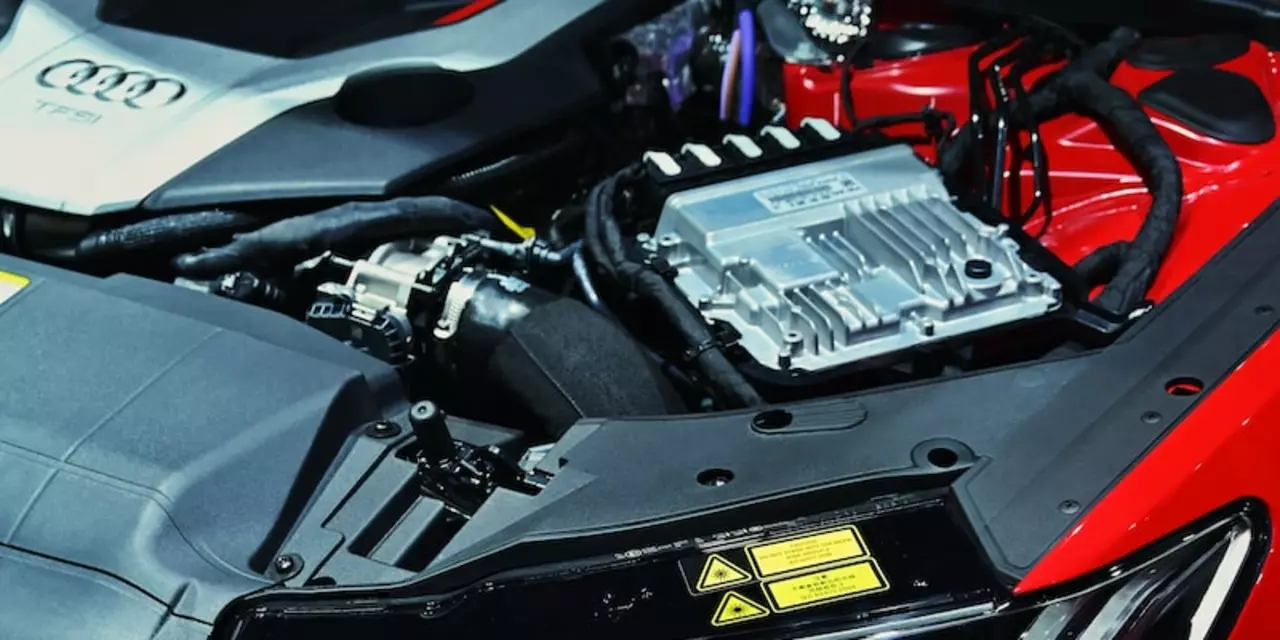Legal Advice: Are You Entitled to a Test Drive?
Thinking about buying a car? You probably want to feel the engine, check the handling, and make sure everything works before you sign any papers. The big question is – do you have a legal right to a test drive, or is it just a courtesy? In most places, the answer is yes, but there are a few conditions you need to meet.
What the Law Says
Consumer protection laws in many states treat a test drive as a standard part of the buying process. Dealers must let you take the car for a spin if you ask, as long as you can show a valid driver's licence and proof of insurance. Some states even require the dealer to provide a short written waiver that explains you’re responsible for any damage during the drive.
How to Secure Your Test Drive
First, bring your licence and insurance card. The dealer will copy them and may ask you to sign a waiver. The waiver usually says you’ll pay for any damage, but it also protects the dealer from liability if something goes wrong. Once that’s done, the dealer will hand over the keys and set a time limit – typically 15 to 30 minutes.
Don’t forget to inspect the car before you get behind the wheel. Check the tyres, lights, and any visible scratches. If you notice something wrong, point it out to the salesperson. A good dealer will note any issues in writing so you have a record.
During the test drive, pay attention to how the car feels. Does it accelerate smoothly? Are the brakes responsive? Does the steering feel steady? Even a short drive can reveal problems that aren’t obvious when the car is parked. If you’re uncomfortable, you can end the drive early – you’re not forced to stay longer than you want.
After the drive, the dealer will ask for the keys back and may go over any concerns you raised. If you decide the car isn’t right for you, you can walk away without signing a purchase agreement. The test drive isn’t a commitment; it’s simply a chance to make an informed choice.
Remember, the dealer’s main goal is to sell the car, so they’ll want you to have a good experience. That’s why it’s useful to ask questions about the warranty, service history, and any fees before you agree to anything. A clear, written overview can prevent misunderstandings later.
In short, you do have the legal right to a test drive, but you need to bring the right documents and be ready to sign a brief waiver. Being prepared helps you stay in control and makes the whole process smoother. So next time you visit a showroom, ask for that test drive and enjoy the ride – it’s part of buying a car the right way.

This article explains the legal rights of car buyers to test drive a car before purchasing it. The article states that in most states, buyers have the right to ask the dealer for a test drive, and dealers have to provide that opportunity. However, the buyer must present a valid license and insurance policy before taking the car for a test drive. Additionally, the dealer may require the buyer to sign a waiver stating that he/she is responsible for any damages caused during the test drive. In conclusion, buyers have the legal right to test drive a car before purchasing it, but must present a valid license and insurance policy and sign a waiver of responsibility.
Continue Reading





